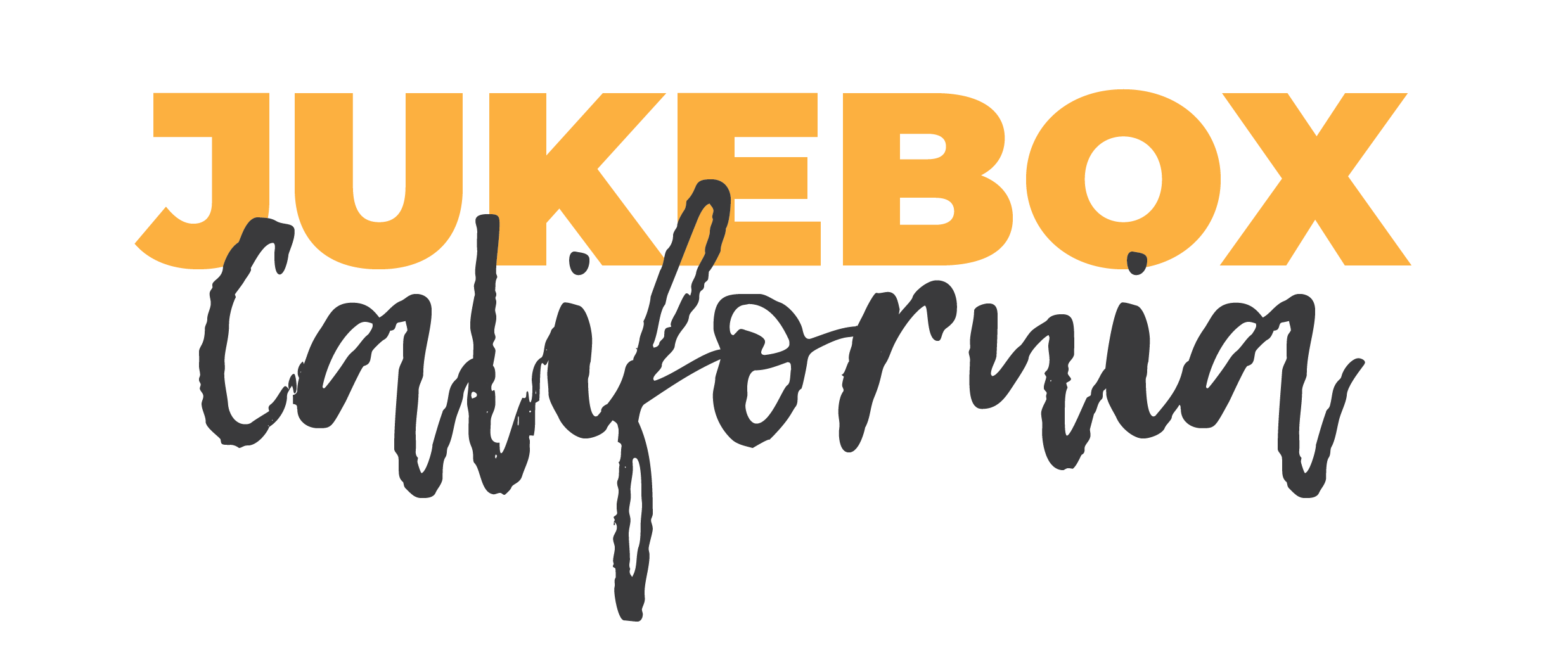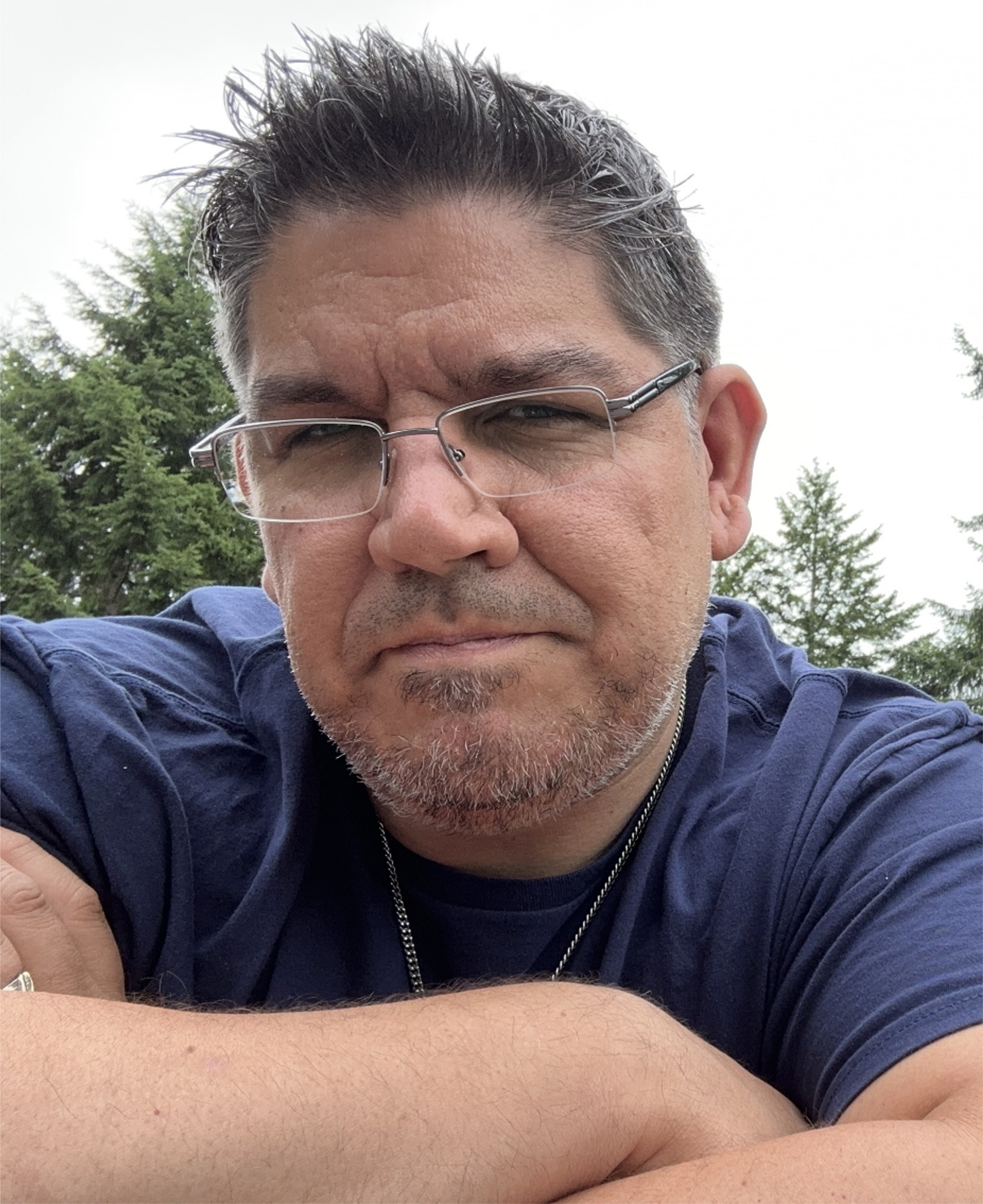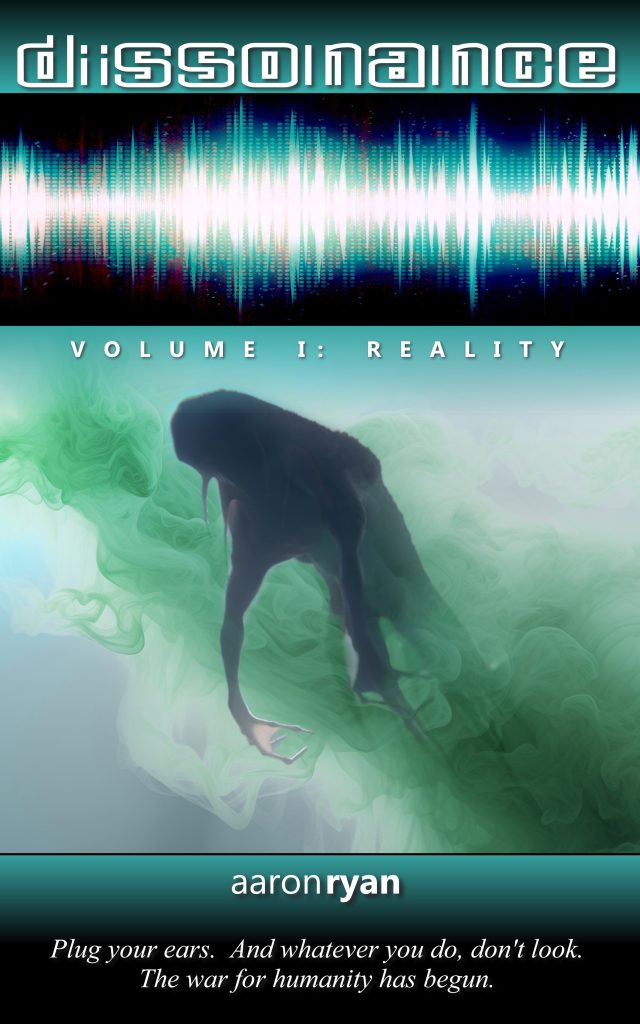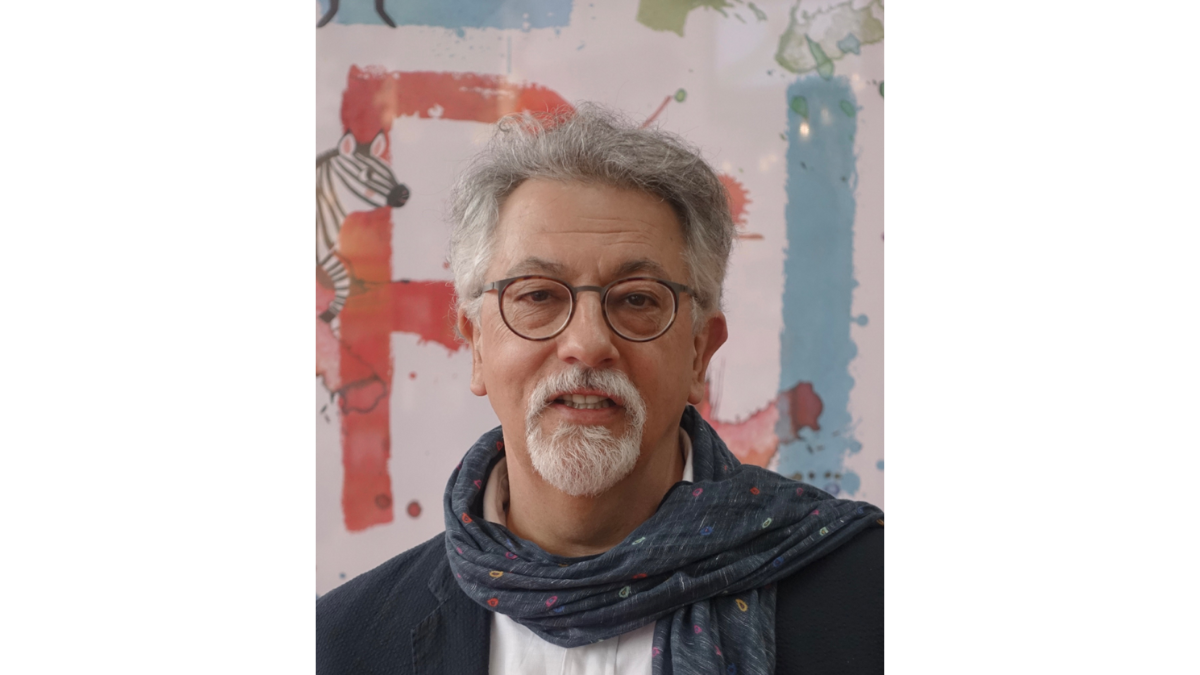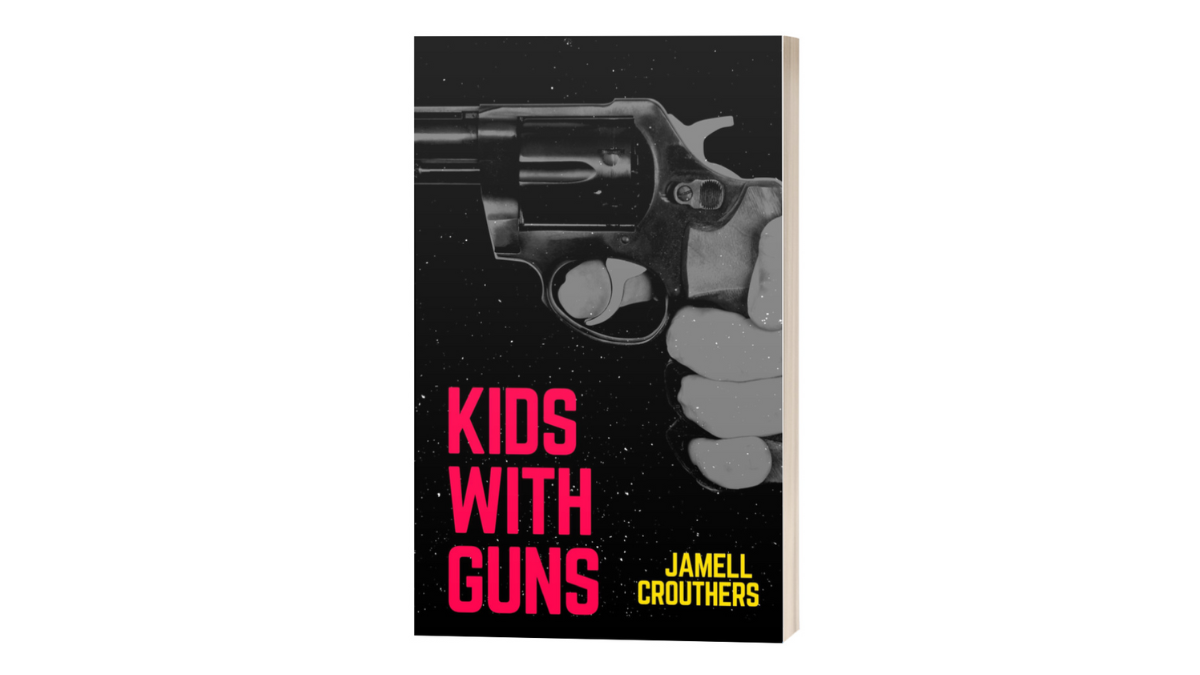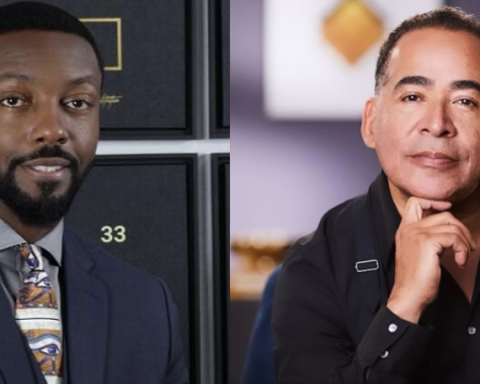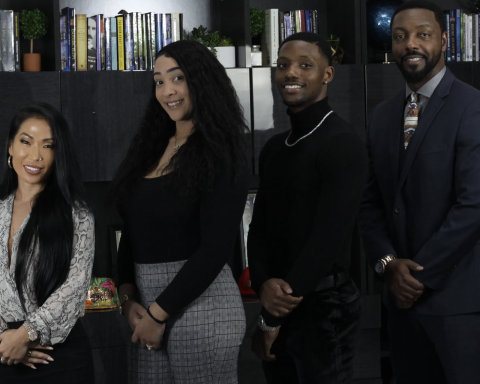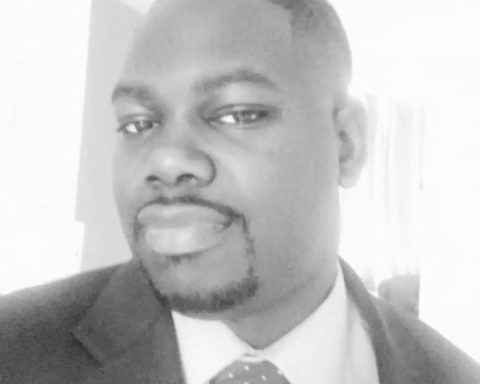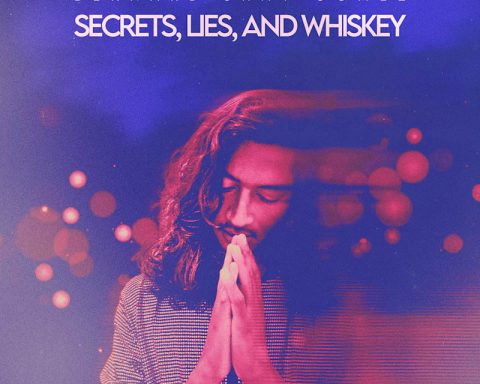Join us on Jukebox California today as we delve into the fascinating world of author Aaron Ryan. Uncover the secrets behind his captivating trilogy, explore the wellsprings of his inspiration, and much more
Q. Welcome to Jukebox California! How are you doing?
I’m doing fine, thanks for asking! I appreciate it. Thanks for interviewing me!
Q. Can you share some insights into the inspiration behind your Dissonance Trilogy, blending elements of “Aliens” and “A Quiet Place”? What sparked the idea for this dystopian thriller series?
I relate very well to trauma, and I was going through a bit of a traumatic period after the death of a dream to return to music in 2023. I figured, if I can’t write it and set it to melody, then I’ll write it and set it to page. So, this story is basically music—albeit haunting—without the treble clefs or bass clefs or quarter notes. But it has to have a cadence and a rhythm to it. I feel pretty naturally inclined and gifted to write out something compelling, but I knew it had to come from a place of trauma: something dystopian in nature, and something that stacked the odds against our hero(es). I really have a great fondness for Suzanne Collins’ “The Hunger Games” series, and Marie Lu’s “Legend” trilogy, and knew those would be ideal starting points. And, I knew that in order to be successful, the threat (in this case being the alien beings) had to be real and unique: stemming from ideas and visions that had always terrified me. Thus, I went back to Greek mythology and started from Medusa the gorgon. Don’t want to spoil anything, but that’s how it started and that’s where it went.
Q. Were there specific challenges or exciting moments during the writing journey for this series?
I feel very much a part of the characters’ arcs and journeys and have thoroughly enjoyed partaking of their journeys. There’s really a strange phenomenon that happens when you author a novel: you start to ruminate on the characters often to the point where they actually exist somewhere in your day; they really seem like reality, and it’s easy to miss the fact that they’re only fictional: you care so much about them.
Q. Can you share any personal experiences or anecdotes that directly influenced the characters or plot twists in your novel? How much of your own life finds its way into your fiction?
Well, 1981’s “Clash of the Titans” was a staple of my youth. I remember running home from school, putting on some beef Top Ramen, and eating a whole pack while watching that movie before my parents came home. In all of the scenes, I couldn’t wait to get to the one with the gorgon slithering around her temple seeking her prey, Perseus and his fellow warriors. Granted, there was primeval CGI back then, and it was nothing flashy. But it did the trick: the way that they had Medusa’s stop-motion face emerge from the shadows, and her eyes light up bright green like sickly torches, accompanied by that frightening high-pitched strain….yeeshk. Still terrifies me to this day. I wanted something like that. Something that had the potential to completely immobilize you, and then feast on your flesh. I suppose, to that effect, that there may also have been a germ of thought in my brain harkening back to the dilophosaurus from Jurassic Park: spitting its paralyzing venom onto its prey before it consumed it. Overall, I knew it couldn’t just be a capture-you-and-claw-you-to-death kind of alien. It had to possess some creepy additional element which would further restrict your ability to fight back. A truly “no fair” aspect. Thus, the “You just…don’t…look” tagline. You could swing your fists at it, but it would just be shadowboxing, because you weren’t looking; and if you did, you were toast. That concept terrifies me more than being mauled by a bear, a lion, or anything.
Q. Can you share a scene, character, or plot point from your new series that holds particular significance to you, and why?
There were chapters like “LoJack” and “Holy Ground” during which my fingers just flew off the keyboard. I swear that if I hadn’t written those two chapters, I’d still be writing the book today. They just propelled me forward like a red-lining superset: I sped through those like a missile, and they became powerful. The rest of the story, particularly while they’re journeying on the road together, took some time to write, as I had to plot their courses, literally, from aerial Google maps, using actual street names, and determine how long it would take between each point. And for the twists and turns, those came pretty naturally. Some wonderful “Aha!” And “What if?” moments reared their heads pretty readily, which surprised me. I don’t want to give anything away but you’ll find them too, and I pray they accomplish their purpose: to terrify, inspire, delight, move deeply, and more.
Q. As a writer, what tips do you have for aspiring authors looking to create immersive and gripping sci-fi stories? Are there specific writing techniques or habits that have proven valuable to you?
I think you really have to commit to letting the story lead you, as life leads us. We can chart a course, but are constantly pulled off-road and off-mission by diversions, distractions, and other elements that interfere with our stated aim. You have to just let the journey take you where it will, and not be too staunch and deadest on any particular path. You might just wind up where you intended to go all along, if you do that.
Q. The sci-fi genre often allows for commentary on contemporary issues. Does your new series touch upon any social or political themes, and if so, how do you integrate these into the narrative?
With any good plot twist, it’s the things that you don’t see; you have to peel back the onion and expose the subterranean elements of what’s really going on. There’s always someone behind the someone: you point at “that” and say “that’s” the problem, when really that other thing is the problem behind it. It’s cause and effect. And it’s a sad – but true – reflection and indictment on modern society and the “cellulizing” (I just coined that) that social media and narcissism has wreaked on our society. We’re all so nuclear and isolated, and that breeds mistrust. It’s about asking a fundamental question: can we ever really trust a person unless we’re right there with them and seeing who they really are and what they’re really doing and saying? Is everyone nefarious deep down? That’s the problem. Here we all are fighting gorgons, and yet you have these distracting elements that are eroding your support and causing you to lose focus. And they’re supposed to be on your side! They’re your fellow humans, for crying out loud. They should be supporting you. In a sad way, it’s an invoked echo, crying out down through time from Rodney King: “Can we all get along?”
Q. In what ways has your perspective or understanding of storytelling evolved since you began writing?
I’ve definitely grown and matured. I can sense a noticeable change in my writing style between Volumes I and II. Including more backstory. Focusing more on bringing the reader in, and prompting them with things to ruminate on, those sorts of things.
Q. Authors often have a unique writing routine. Can you describe your typical writing day and any rituals or practices that help you stay focused and productive?
Well I have 8yo and 4yo sons, so the day is pretty much dictated by what my wife and I need to do for them, but after they’re both asleep, that’s when I’m writing now. For Volume I did the bulk of the writing from my desk, as I’m self-employed and am able to allocate a lot of the hammering out of the initial story from there. I’m doing plenty of that for Volume II, but for the most part the crafting of the story is taking place late at night. Which, I suppose lends itself to better storytelling for this one, as I’m in the dark, and so is our character, metaphorically speaking. And any time I get a wild hair or some kind of idea that I need to implement, I jump right back into it, and if I don’t have the time to flesh out that narrative right away, it gets included as a note at the end of my working document so I can include it or refer back to it later.
Q. Who are your favorite authors and why?
By far it’s J.R.R. Tolkien, but I also enjoy Suzanne Collins, James S.A. Corey, Marie Lu, Madeleine L’Engle, C.S. Lewis, Shade Owens, Stephen King, and others.
Q. Lastly, as we ask all our guests on Jukebox Mind. Any closing thoughts that you would like to share with the world and our readers?
I just want to thank you and them for partaking of this journey with me. I’m thoroughly enjoying where the series is taking Cameron and the others, and looking forward to bringing it to conclusion in Volume III.
About the Author: Aaron Ryan lives in Washington with his wife and two sons, along with Macy the dog, Winston the cat, and Merry & Pippin, the finches. He is the author of the “Dissonance” series, several business books on multimedia production penned under a pseudonym, as well as a previous fictional novel, “The Omega Room.” He enjoys the arts, media, music, performing, poetry, and being a daddy. In his lifetime he has been an author, voiceover artist, wedding videographer, stage performer, musician, producer, rock/pop artist, executive assistant, service manager, paperboy, CSR, poet, tech support, worship leader, and more. The diversity of his life experiences gives him a unique approach to business, life, ministry, faith, and entertainment.
For more details visit his official website: https://www.dissonancetheseries.com.
Subscribe to his blog at https://www.dissonancetheseries.com/blog for updates.
Official Social Media Links: https://dot.cards/authoraaronryan.
